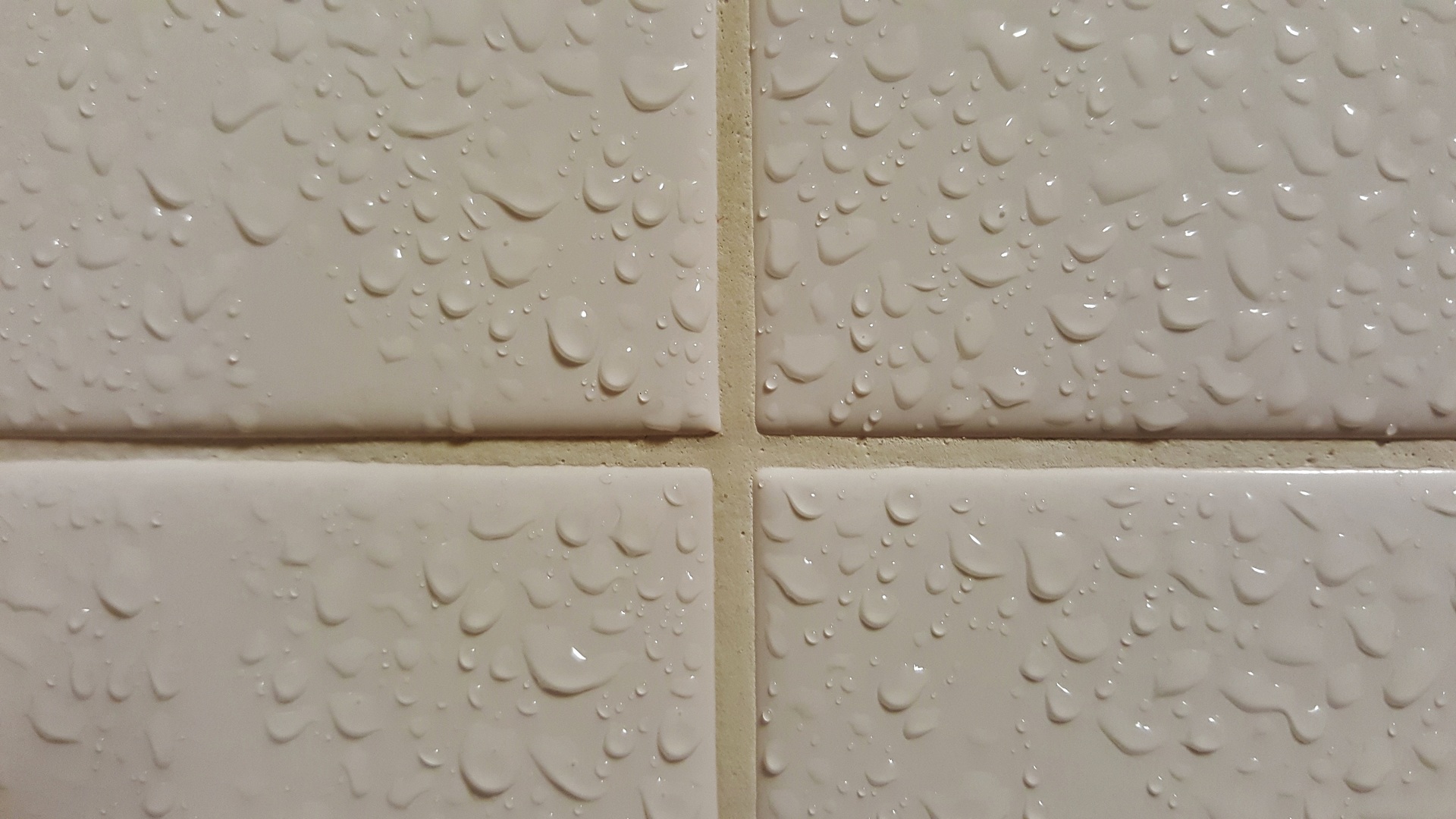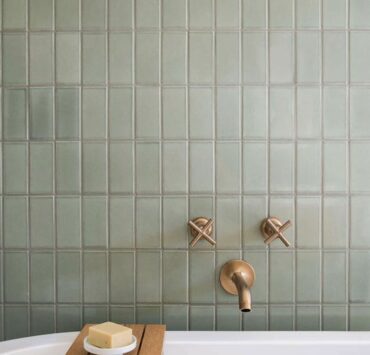Our shower grout has lasted over 15 years!
Secret revealed below.
Your bathroom gets is exposed to water, soap, dirt, and a lot more every day, and hence, it is only time that your shower grout will expire if not taken care of. On average well maintained shower grout lasts between eight to sixteen years, or even more in some cases. Its lifespan mostly depends on its usage and care.
What is Shower Grout And Why Is It Important?
Shower grout acts as a buffer between tiles. Heat and moisture in your bathroom cause tiles to expand. Grout provides flexibility which in turn prevents porcelain and ceramic tiles from damage due to bumping against each other.
Secondly, shower grout also acts as a waterproof seal that prevents your bathroom wall from moisture. Instead, it directs the water down towards the rain.
Why is Replacing Shower Grout Important?
As time passes by, shower grout tends to lose its properties. This may let water sneak between the tiles in the walls causing water damage. If not treated immediately, water damage can lead to the formation of mold and mildew on shower walls.
Water and mold damage isn’t usually discoverable until it is too late. If you want to avoid hefty repair bills, it is best to keep a close eye on your shower grout, maintain them, and replace them when necessary.
When Should You Replace Shower Grout?
Shower grout has a lifespan of eight to sixteen years when taken care of. However, it may vary depending on how it is treated. It is not always possible to define when your shower grout was installed. In such cases, relying on visual cues is the best way to define the health of your shower grout.
Check for the Presence Of Mould
Mold on your shower grout is the first indication that they require replacement. If mold is growing on your shower grout, chances are that it is also growing behind it causing damage to the walls.
Check the Texture Of Shower Grout
The next thing that indicates the well-being of your shower grout is its texture. Even though fading or discoloration of grout does not necessarily indicate damage, the texture surely does. Healthy shower grout should be smooth in texture. If your grout is crumbly and comes off on applying slight pressure with your fingernails, it definitely needs to go.

Protecting Your Shower Grout
Now that you know when you should be replacing your shower grout, let’s look at a few ways to expand its lifespan. Although the primary function of shower grout is to protect your bathroom walls from moisture and heat, the same factors are responsible for its damage. Here’s how you can prevent it:
- Keep your bathroom’s exhaust fan on while taking a shower. Doing so ventilates the bathroom eliminating the steam away. You should keep it on for some time even after you are done with your hot shower to ensure there’s minimal moisture left.
- Wipe your shower tiles and grout with a dry towel. This is an extra step to ensure you leave your bathroom dry after showering.
- Avoid basic and acidic solutions such as bleach on your shower grout. Even though they are a great cleaning agent, the same can result in the wearing down of your shower grout.
- Use a good-quality shower cleaner from time to time to keep mildew and mold at bay. This will further expand the lifespan of your shower grout.
- Use a grout sealer – a water-resistant coating that keeps your shower grout healthy and increases its longevity. A grout sealer must be applied annually or upon the first occurrence of discoloration, chipping, or sagging of grout.
Final Thoughts
Shower grout is an important element that keeps your overall bathroom healthy. Hence, it is important that it is not overlooked and is well taken care of. Ensure your it is sealed and kept as dry as possible with the techniques mentioned above. This will let you get the most out of your grout








